
A sixth-generation Italian American with a profound connection to her roots, Carla Simonini, Ph.D., arrives in Chicago next month to lead Loyola University’s Italian-American Studies program.
Complimenti!
It took five years, a massive fund-raising campaign that netted $500,000 and a historic commitment by Loyola University of Chicago, but our metropolis finally has an Italian-American studies program to call its own.
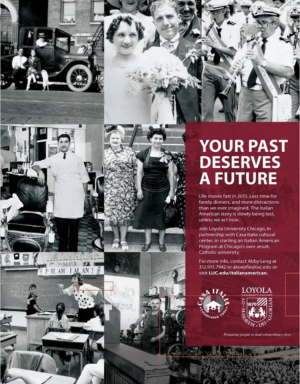 Though the program is based at Loyola, which matched the $500,000 to create a $1 million endowment, organizers say it also belongs to the local Italian-American community, which will be invited to participate through a variety of outreach efforts.
Though the program is based at Loyola, which matched the $500,000 to create a $1 million endowment, organizers say it also belongs to the local Italian-American community, which will be invited to participate through a variety of outreach efforts.
These efforts will continue the work begun by Dominic Candeloro, Ph.D., and others in the 1970s to chronicle and popularize the story of Chicago’s Italian Americans and preserve it for decades to come.
A search committee scoured the nation for the right candidate to direct the program and has hired Carla Simonini, Ph.D., as the Paul and Ann Rubino Professor in Italian-American Studies at Loyola. She will arrive in August and teach her first classes in September.
Her duties will include leading the program, teaching courses on Italian-American identity, conducting research using original historical sources, and partnering on programs with Casa Italia as well as other local Italian-American institutions and organizations. She will also delve into archives, such as newspaper articles and public records, as well as the oral histories of individual immigrants.
“I’m so looking forward to this, I really am,” exclaims Simonini, a former associate professor of Italian at Youngstown State University in Ohio who has Italian roots on both sides of her family. “I understand the dedication with which people invested their time, money and energy to get this in place. I really want to do them proud.”
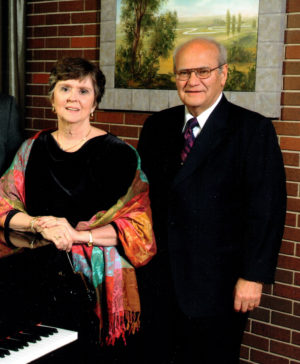
With the community in danger of losing its Italian identity with each successive generation, Simonini’s family provides a powerful counternarrative. They’ve stayed Italian by researching their ancestors, speaking Italian and connecting with relatives in Italy — all things which Simonini hopes to help Italian Americans do via her new position.
She gives great credit to her father. Despite being a fifth-generation Italian American, he researched his and his wife’s genealogy with the intention of staying in touch with his roots.
“My father kept our Italian heritage alive, and he was very proud of it,” says Simonini, who was born in Providence, Rhode Island.
He learned Italian and first took her to Europe when she was 10. That voyage of discovery let them to connect with his mother’s first cousins in Italy, and Simonini still nurtures the relationship with this “second family” in Lazio and Campania.
She spent a semester of college in Rome through Temple University then stayed on for a few more months in Italy as a nanny. “It was transformative,” she declares.
After college, she wasn’t sure of her next move and started working in student affairs at the University of Rhode Island. Encouraged to obtain a master’s degree, she earned one in comparative literature because it interested her, then started teaching and discovered she loved it.
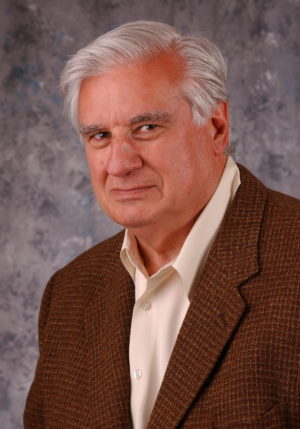
That led her to pursue a doctorate in Italian studies from Brown University, writing her dissertation on “The Narrative of Italian-American Identity Through the Generations.” She has taught Italian language, Italian studies and American studies at Skidmore College, Brown University and Youngstown.
Simonini says she’s had a great experience at Youngstown and wasn’t even job-hunting when Loyola advertised its position. Then fate intervened.
Simonini’s husband, Kevin Jacobson, was diagnosed with stage four cancer not long ago. Knowing he had little time to live, he offered his take on the position Simonini was considering at Loyola.
“He said, ‘This is a sign: Parts of life end and parts of life begin. I want you to take this job and have a new beginning,’” Simonini recalls wistfully.
He passed away on March 27, leaving Simonini to be strong for their daughter and son. She pondered his words, the fact that both children will be in college this fall, and the ways life has of closing doors and opening others. And she made the decision to come to Chicago.
Simonini’s arrival will mean that Dominic Candeloro, Chicago’s authority on Italian-American history, neighborhoods, traditions, organizations and life can finally relax a bit at age 77.
“I’m happy to have someone continue to do this work,” Candeloro says. “Carla is the ideal candidate. She’s able to do the scholarship and also the outreach.”
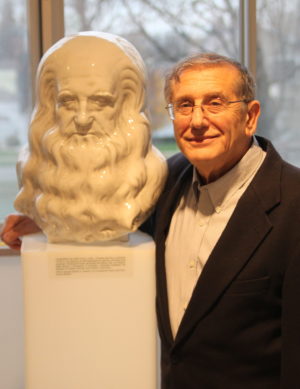
Candeloro, a history professor, started recording Chicago’s Italian-American history in the 1970s, long before most people realized American ethnic groups were something to be studied as an academic discipline. His groundbreaking research led to the creation of the Italians in Chicago exhibit, and he has since turned out innumerable exhibits, books, conferences and cultural events. In 2013, he saw an opportunity to further that legacy.
That year, the Sicilian American Cultural Association gave its annual Medal of Merit to the Rev. Michael Garanzini, then president of Loyola. At the awards banquet, Candeloro pitched Garanzini on creating an Italian-American studies program at the university. Garanzini was interested and arranged a meeting to discuss it.
Garanzini pledged $500,000 from Loyola to create an endowment if the Italian-American community could raise another $500,000, recalls Arthur Lurigio. Ph.D., former senior associate dean for faculty in Loyola’s College of Arts and Sciences, who became involved with the program at that initial meeting.
With Garanzini’s pledge, Loyola’s support and Lurigio’s involvement, Candeloro employed his considerable persuasive skills to encourage Italian-Americans to donate.
The late Anthony Fornelli, an eminent local leader who served as past president of UNICO National, donated $25,000 and helped to secure $25,000 from the organization.
“UNICO funds six different Italian-American studies chairs throughout the United States,” explains Mike Veselka, also a past national president of UNICO.
Dr. Frank Trocchio, who served on the Columbian Club Charitable Foundation board in 2013, said his organization was enthusiastic about donating because the members understood the importance of preserving Italian-American culture.
“We gave $50,000 because we wanted to make a difference,” he says. They presented an oversized check to Garanzini at the 2014 Casa Italia gala to publicize the cause and inspire others to give.
Dr. Paul Rubino and his wife, Ann, earned naming rights with their donation, but wish to keep a low profile and preferred not to be interviewed for this article.
About 400 people gave direct donations large and small, and thousands of others gave indirectly through their organizations.
Lurigio credits Candeloro with being the driving force behind the fund raising.
“I don’t think there would be a program without him,” Lurigio said. “And the program will bring to fruition what Dominic started 40 years ago.”
Lurigio looks forward to Loyola partnering with Chicago’s Italian-American community on special events, films, music, symposia and more.
But first, Chicago awaits the arrival of Simonini, who describes her new role as the perfect matchup of things she loves professionally and personally.
While she has packed her bags many times for voyages of discovery to Italy, she’s packing up her entire household this time for perhaps her grandest adventure yet — discovering the richness of Italian-American life in Chicago.
To donate to the endowment, which generates annual interest income to pay for the program, visit www.luc.edu/italianamerican or call 847-951-9109.
The above appeared in the July issue of the print version of Fra Noi. Our gorgeous, monthly magazine contains a veritable feast of news and views, profiles and features, entertainment and culture. To subscribe, click here.
 Fra Noi Embrace Your Inner Italian
Fra Noi Embrace Your Inner Italian


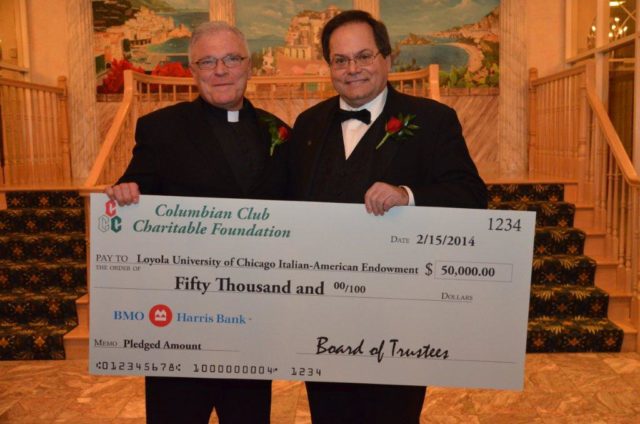
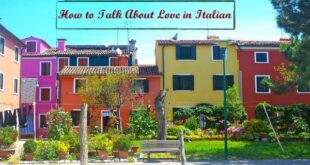

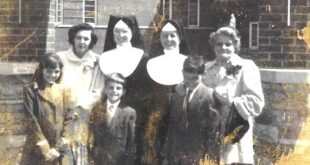


One comment
Pingback: Carla Simonini = Italian Americana and 2022 IA Literati | RhodeislandDigitalNews.com